Dame Janet Smith: 'NI at risk of Shipman-type cover-up'
- Published
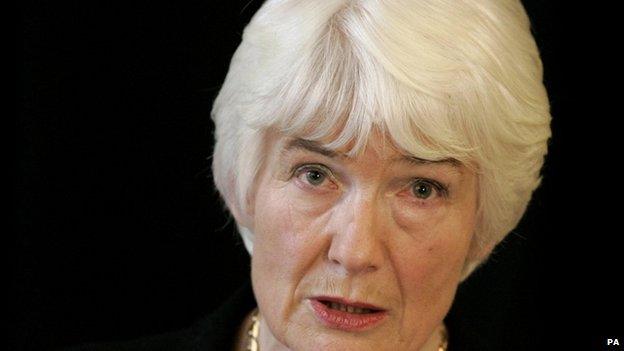
Dame Janet Smith said she was disappointed at the progress of death certification reform in Northern Ireland
The senior judge who examined the activities of serial killer Dr Harold Shipman said there is "still a risk of a deliberate killing going unrecognised".
Shipman murdered 250 patients and then signed their death certificates, external.
In 2003 Dame Janet Smith recommended establishing medical examiners to independently scrutinise all deaths.
They are to be rolled out in England and Wales this year, but there is no date set for Northern Ireland.
Dame Janet said she did not believe patient killings such as the Shipman murders had occurred, but had concerns there could still be a cover-up under the current death certification process in Northern Ireland.
In an interview with BBC News NI, she said: "The deliberate killing of a patient is thankfully very rare.
"It is however a fact that the health service sometimes closes ranks in the face of criticism and is prepared to cover-up failings in the system and in the conduct of medical professionals."
She added: "I don't want to sound alarmist and I'm not saying there is another Shipman out there.
"But the medical examiner system was also designed to detect the cover-up of medical negligence, which I'm sorry to say is not uncommon, as a number of high-profile health inquiries have proved in recent years."

How are deaths investigated in Northern Ireland?
If the cause of death is unknown or is caused by violence or negligence it is usually referred to the coroner for further investigation.
When someone is believed to have died of natural causes, a doctor completes a certificate stating the cause of death.
However, there is currently no independent verification that this cause of death is appropriate or correct in Northern Ireland.

'Cover-up'
Dame Janet's comments come a year on from the publication of the Hyponatraemia Inquiry report, the largest healthcare inquiry in Northern Ireland's history.
It examined the deaths of five children in Northern Ireland hospitals.
The Hyponatraemia Inquiry found there was a "cover-up", but no suggestion of deliberate medical wrongdoing.
It found some deaths were not referred to the coroner immediately to "avoid scrutiny".
That inquiry also recommended the establishment of medical examiners here.
But examiners cannot be introduced without legislation being passed by the Northern Ireland Assembly, which collapsed in January 2017.
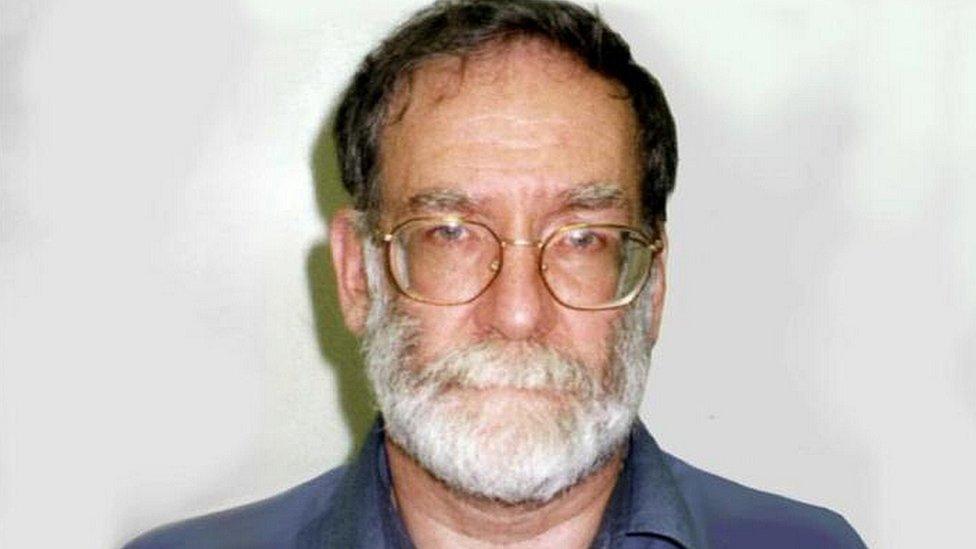
Harold Shipman murdered 250 patients and then signed their death certificates
Commenting on the delay Dame Janet said: "From what I read in the newspapers there is no immediate prospect of the restoration of Stormont and Brexit continues to dominate political debate.
"To set up a truly independent medical examiner's office you need funding and political will. Without the Stormont executive it's going to be, I would have thought, impossible to set up in Northern Ireland."
She added: "The Hyponatraemia Inquiry was yet another healthcare inquiry which found that families had been treated badly and concerns about their loved ones' deaths had been rubbished.
"The pattern is always the same and without the safeguard of a medical examiner, I'm afraid to say, there is a risk of medical mistakes remaining undetected. Very little has changed since my recommendations from 2003."
A spokesperson for the Department of Heath said: "The introduction of an independent medical examiner will have implications for policy areas across government departments and will require new legislation and appropriate infrastructure to support it."
What has changed since Shipman?
The Shipman Inquiry looked at the deaths of 494 of Harold Shipman's patients over a 24-year period from 1974 to 1998.
Following the public inquiry into the Harold Shipman deaths, Dame Janet Smith recommended establishing independent medical examiners, employed by local authorities, to examine all deaths not reported to a coroner.
The UK government has announced plans to have a national medical examiner service operational in England and Wales from April 2019.
However Dame Janet said she was sceptical about whether or not the service would be ready by April this year and raised concerns about how independent it would be.
A spokesperson for the UK Department of Health said independence would be ensured by the fact that service was being overseen by a National Medical Examiner that would be "completely independent of the organisations whose patients' deaths are being scrutinised".
- Published31 January 2018
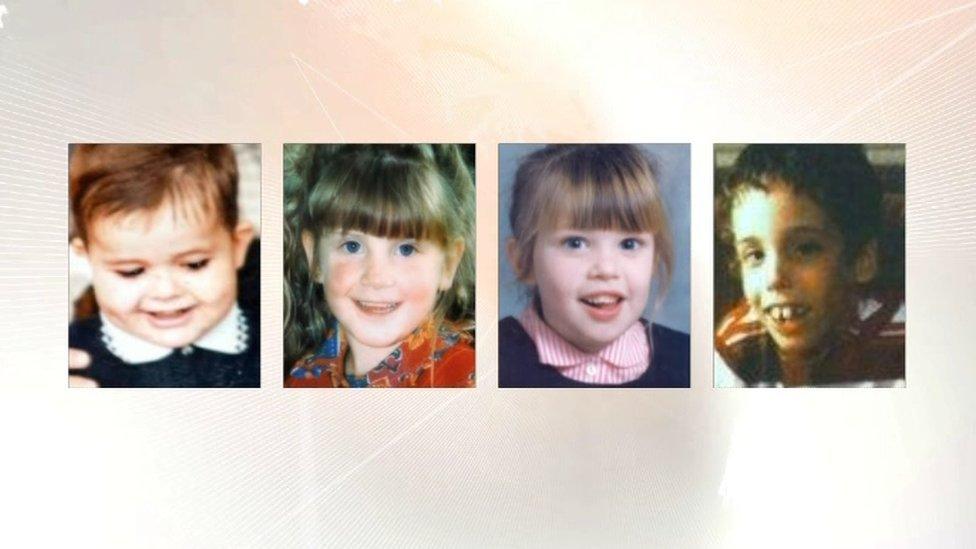
- Published8 May 2018
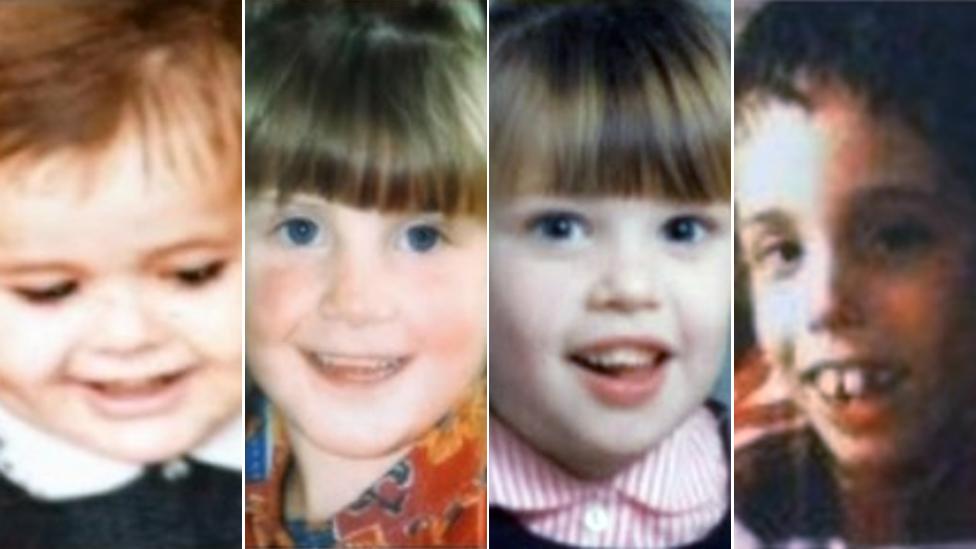
- Published31 January 2018
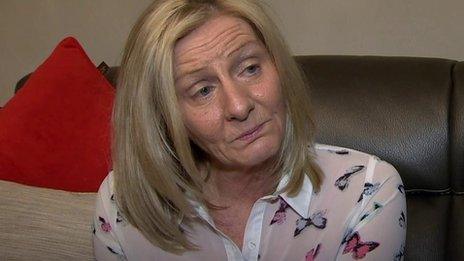
- Published20 June 2018